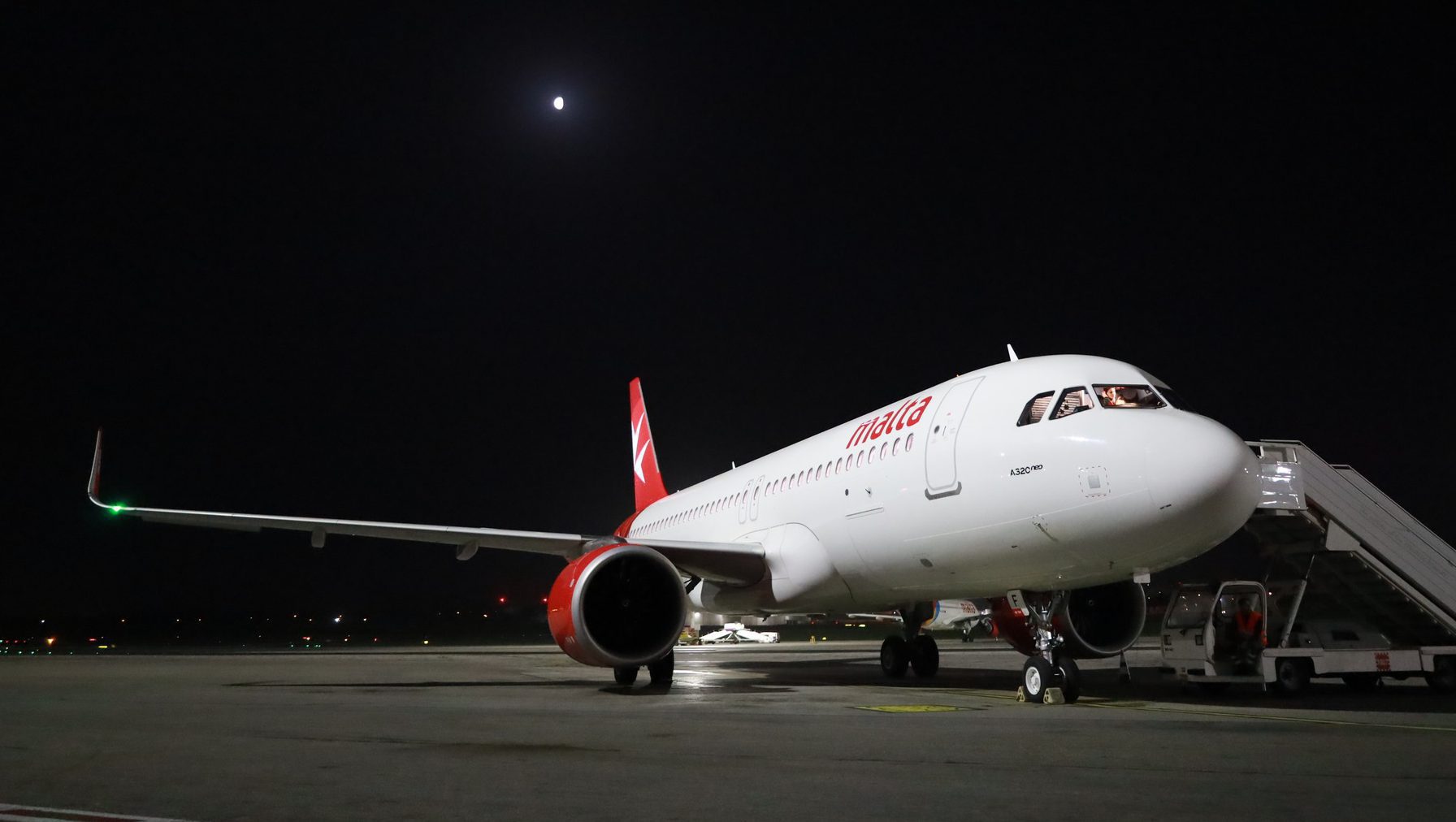The Institute for Financial Services Practitioners (IFSP) has joined the chorus of voices from Malta’s political and business sectors calling on the Financial Action Task Force (FATF) to assess the country’s progress fairly, after initial indications showed that a trio of financial powerhouses were pushing for greylisting despite the country’s positive Moneyval report.
In a statement issued on Tuesday, ahead of the FATF’s plenary session on Wednesday, when it will take a final vote on the subject of Malta’s compliance with global rules against money laundering and the financing of terrorism, the IFSP said that the the country has made “substantial progress over the past years to address concerns about the effectiveness of its anti-money laundering regime”.
This progress was demonstrated by the Moneyval follow-up report issued on 27th May 2021, where Malta was found to be either largely compliant or fully compliant with all 40 of the FATF recommendations, the Institute said.
The IFSP and its members, which form part of an industry anticipated to be among those hardest hit were Malta to be added to a list of jurisdictions under increased monitoring, with the attendant higher compliance costs and loss of business, said they “expect that the demonstrable improvements made by the country will form the basis for any decisions taken by the FATF as it deliberates whether to place Malta under increased monitoring or not”.
The release continues to build on the narrative being pushed by the Government and Finance Minister Clyde Caruana in particular, who has embarked on a media blitz insisting that both Malta’s public and private sectors have done everything expected of them.
In an opinion piece released on Tuesday, Minister Caruana said that “Malta has done more than enough to avoid a greylist and, if treated equally as other states, the country should be told that it has done immense progress in this sphere as well.”
“My final message in these last hours before the verdict,” he added, “is for the political and commercial sectors to unite in one voice to push the message that Malta has done more than enough to justify a positive result.”
“I do not know what will happen tomorrow but, on Thursday if there is a grey list it will be a pyrrhic victory for those Maltese politicians or citizens that would be happy with such a negative result,” he warned.
Last week, in his reaction to the initial news of a divided front in the FATF n the subject of Malta’s greylisting, he made it clear that Malta deserves to pass if the assessment rests on the technical criteria alone.
“But,” he added, “if the technical process is hampered by ulterior political motives, the outcome there will be a closed box. If this happens, this will be unjust with all the serious work that is being done and was done over the past year-and-a-half, and it would neither do justice towards the Maltese people.”
What can we expect if Malta does become greylisted?
Malta’s inclusion in a world-wide money laundering offenders list has the potential to seriously harm the country’s economy through changes to foreign direct investment, money transactions and banking activities.
While informed commentators do not believe that the impact of being greylisted will take place overnight, de-risking exercises by the international banking community could further harm Malta’s already fragile correspondent banking position, while it is widely believed that international money transfers in and out of the country would be hampered through increased scrutiny.
One major area commentators believe to be an area of concern is the opportunity cost of foregone foreign investment. It is believed that investors choosing which jurisdiction to set up shop in would likely overlook Malta if there is a chance of increased scrutiny, compliance costs and added regulatory burdens.
Malta would be the first EU country to make the FATF’s grey list, however, this is not likely to be permanent. In the case of Iceland, which was greylisted in 2019, by 2020 the FATF had announced it was removing the country from this list after it had introduced a number of reforms.
Annual STI testing for non-EU massage therapists amounted to ‘slander,’ admit health authorities
Health authorities kept quiet about changes to the legal provisions
KM Malta Airlines announces extra flights and special fares for MEP and local council elections
To qualify for special fares, all travel needs to take place into and out of the same city
European Parliament adopts regulation making it easier for companies to be paid on time
The maximum credit term under the new Late Payment Regulation is to up to 120 days, for some sectors






